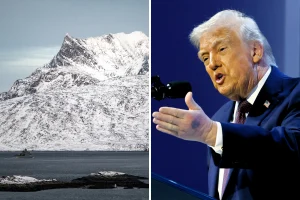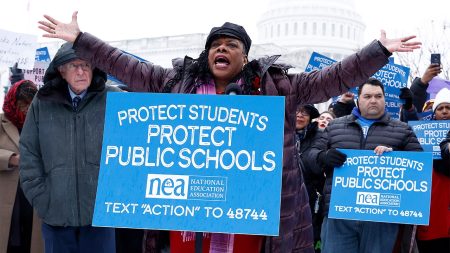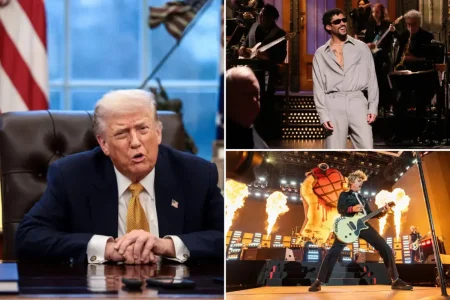Pardons for Trump Aides: Symbolic Gestures with Limited Protection
Former President Trump’s pardons for his aides have generated significant discussion in political and legal circles. While these federal pardons provide certain protections, they represent more symbolic gestures than comprehensive legal shields. The pardons only apply to federal charges, leaving these individuals potentially vulnerable to prosecution at the state level. This limitation highlights the complex, multi-layered nature of the American judicial system, where federal pardons cannot reach into state jurisdictions or prevent state attorneys general from pursuing their own cases against these individuals.
The symbolic nature of these pardons extends beyond their legal limitations. For many observers, they represent a political statement and a form of loyalty recognition within Trump’s circle. These pardons have become part of a broader narrative about presidential power and its limits, raising questions about the pardon system itself. Many critics have argued that such pardons, when applied to close associates of a president, test the boundaries of what the founding fathers intended when they established the presidential pardon power. Supporters, however, view them as a legitimate exercise of presidential authority to correct what they perceive as politically motivated prosecutions.
State prosecutors retain complete authority to pursue charges against these former aides regardless of their federal pardon status. This reality creates an interesting dynamic where individuals might feel a false sense of security from a presidential pardon, only to find themselves facing similar charges in state courts. Several state attorneys general have already indicated their willingness to investigate potential state law violations by these former Trump associates, demonstrating that the protective umbrella of a federal pardon has significant gaps. This situation underscores the independence of state judicial systems and their ability to function as a check on federal pardon power.
The limitations of these pardons reflect the fundamental federalist structure of American governance. The Constitution established a system where power is divided between federal and state governments, each with their own spheres of authority. Presidential pardons, while powerful within the federal domain, cannot cross the boundary into state jurisdiction. This arrangement serves as a safeguard against potential abuses of the pardon power, ensuring that individuals cannot escape all legal accountability through federal executive clemency alone. The founding fathers’ design of overlapping but distinct federal and state powers continues to function as intended, preventing any single authority from having absolute power over the administration of justice.
For the pardoned individuals themselves, this situation creates a complex and uncertain legal landscape. While they may have received relief from federal prosecution, they must still navigate potential state-level legal challenges. This partial protection means they continue to face legal expenses, public scrutiny, and the stress of possible future prosecutions. The psychological impact of living under this cloud of potential state prosecution shouldn’t be underestimated. What might initially appear as complete exoneration through a presidential pardon is, in reality, only partial legal protection, leaving these former aides in a precarious position between federal immunity and state vulnerability.
The public’s understanding of these pardons also reveals interesting aspects of civic knowledge in America. Many citizens express surprise upon learning that presidential pardons don’t extend to state charges, highlighting a common misconception about the scope of presidential power. This confusion speaks to broader issues regarding civic education and understanding of governmental systems. As these cases potentially move through state courts, they may serve an educational function, illuminating the relationship between federal and state authority in American democracy. Regardless of one’s political views on these specific pardons, they provide a powerful case study in the checks and balances inherent in the American legal system and the intentional limitations placed on presidential authority by the Constitution.






